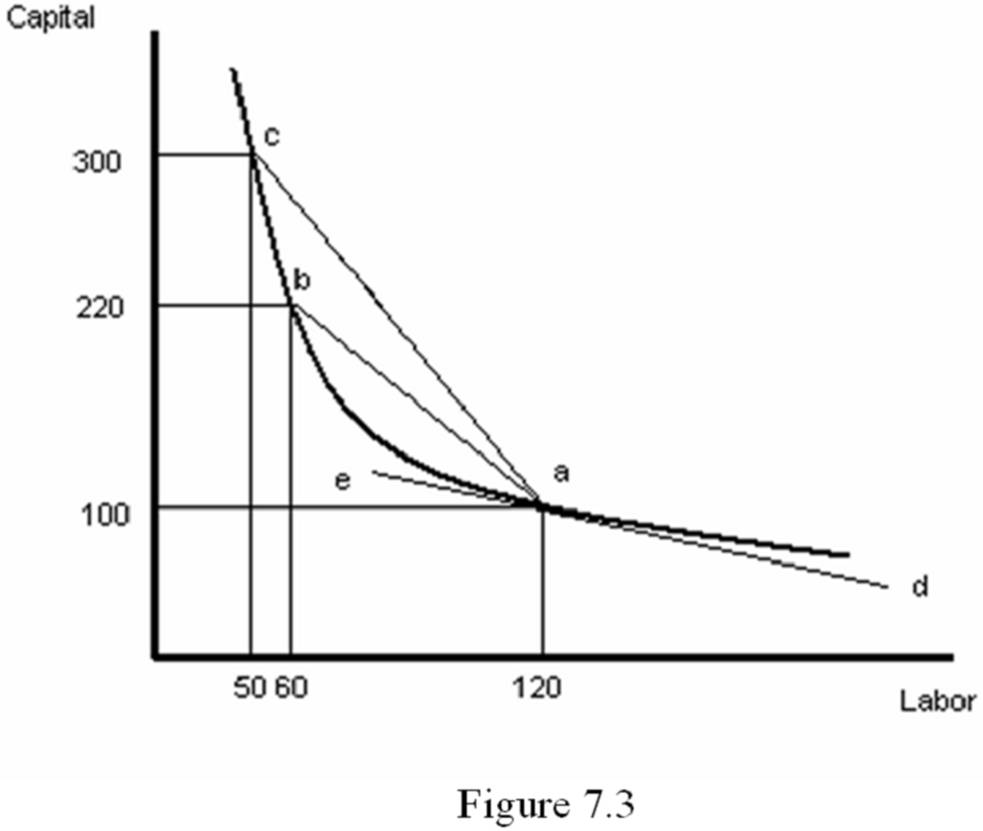In connection with laborers, the law of conspiracy meant that
(a) employers had every right to organize or conspire to keep wages low and prices high.
(b) workers had every right to organize or conspire to keep wages high and working
hours short.
(c) workers could organize unions to promote their own interests as long as they did it publicly
and in fair dealings with employers and did not "conspire" to do it in secret meetings not
open to the public.
(d) worker organizations aimed at promoting the economic interests of the members
were illegal.
(d)
You might also like to view...
As a result of advertising prices in monopolistic competition, are
a. higher because firms earn economic profits in the long run b. higher because increased output leads to higher production costs per unit c. lower if increased output allows lower average production costs per unit that more than offset the advertising costs d. lower if advertising costs per unit fall as output increases e. higher because advertising shifts each firm's demand curve to the right and make it flatter
Refer to Figure 7.3. Suppose a firm moves along the isoquant from point a to point b. The rate of substitution for labor with capital is:

A. 2.
B. -2.
C. ½.
D. -½.